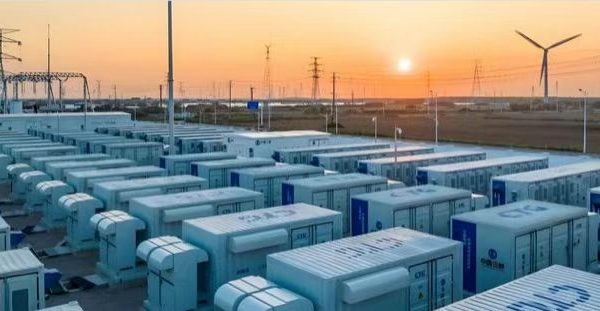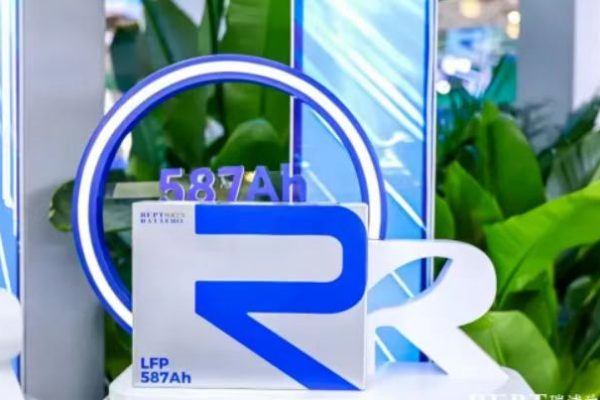Beyond Numbers in International Trade
When international buyers request quotations for energy storage systems (ESS), they look at more than price and delivery terms. They also evaluate the credibility of the supplier and the reliability of the system. One of the most effective ways exporters can strengthen their quotations is by including compliance certificates. Certifications act as proof of safety, quality, and regulatory readiness, helping your quotation stand out from competitors who only provide technical and financial figures.
1. Why Compliance Certificates Matter in Quotations
- Buyer Reassurance: International buyers—especially in Europe, North America, and Japan—expect proof of compliance before moving forward.
- Faster Decision-Making: Quotations backed by certificates help buyers shorten their internal evaluation process.
- Risk Reduction: Certifications reduce the buyer’s perceived risks in procurement, logistics, and project approval.
Exporter Tip: Treat certificates as a sales tool, not just a compliance document.
2. Key Certificates to Include in Quotations
- CE (EU): Mandatory for market entry and a buyer’s first compliance checkpoint.
- UL (US): Critical for buyers in North America; absence can disqualify offers.
- PSE (Japan): Legally required for lithium-ion systems.
- IEC / TÜV Reports: Internationally recognized proof of testing, even outside mandatory regions.
- Local Market Approvals (e.g., SASO, ESMA, CEC): Essential for Middle East or Australia-specific projects.
Exporter Tip: Highlight certificates most relevant to the buyer’s region in the quotation package.
3. How to Present Compliance Certificates in Quotations
- Attach Copies of Certificates: Include PDF scans or links in the quotation email or document.
- Use a Certificate Summary Table: Create a simple table listing certifications, issuing bodies, and scope.
- Visual Branding: Add certification logos (CE, UL, TÜV, etc.) directly in the quotation document.
- Highlight Expiry Dates: Demonstrates transparency and up-to-date compliance.
Exporter Tip: Professional presentation of certificates builds confidence and reduces back-and-forth clarification.
4. Compliance Certificates as Differentiators
- Competitive Advantage: Many suppliers skip attaching certificates, relying only on claims.
- Tender Requirements: In government or large corporate tenders, attaching certificates often determines qualification.
- Partnership Value: Buyers see certified suppliers as reliable long-term partners.
Exporter Tip: Position compliance as part of your value proposition, not a side note.
5. Case Example: How Certificates Influence Buyer Behavior
- Without Certificates: A quotation may be viewed as incomplete, leading to delays or disqualification.
- With Certificates: A buyer can immediately verify compliance, speeding up approval and increasing trust.
Exporter Tip: Use real client examples (without confidential details) to show how certifications secured past deals.
6. Strategic Benefits for Exporters
- Shortens Sales Cycle: Buyers can make quicker decisions with clear compliance evidence.
- Builds Market Reputation: Consistently providing certified systems builds your brand in international markets.
- Aligns with Buyer Expectations: Especially important in regulated industries like residential storage, telecom, and grid support.
Turning Compliance into a Sales Asset
In international trade, compliance certificates are not just regulatory hurdles—they are powerful sales tools. By strategically integrating certificates into quotations, exporters of energy storage systems can win trust, accelerate decisions, and outperform competitors who only provide technical specifications and price. The message to buyers becomes clear: this supplier is safe, reliable, and market-ready.








